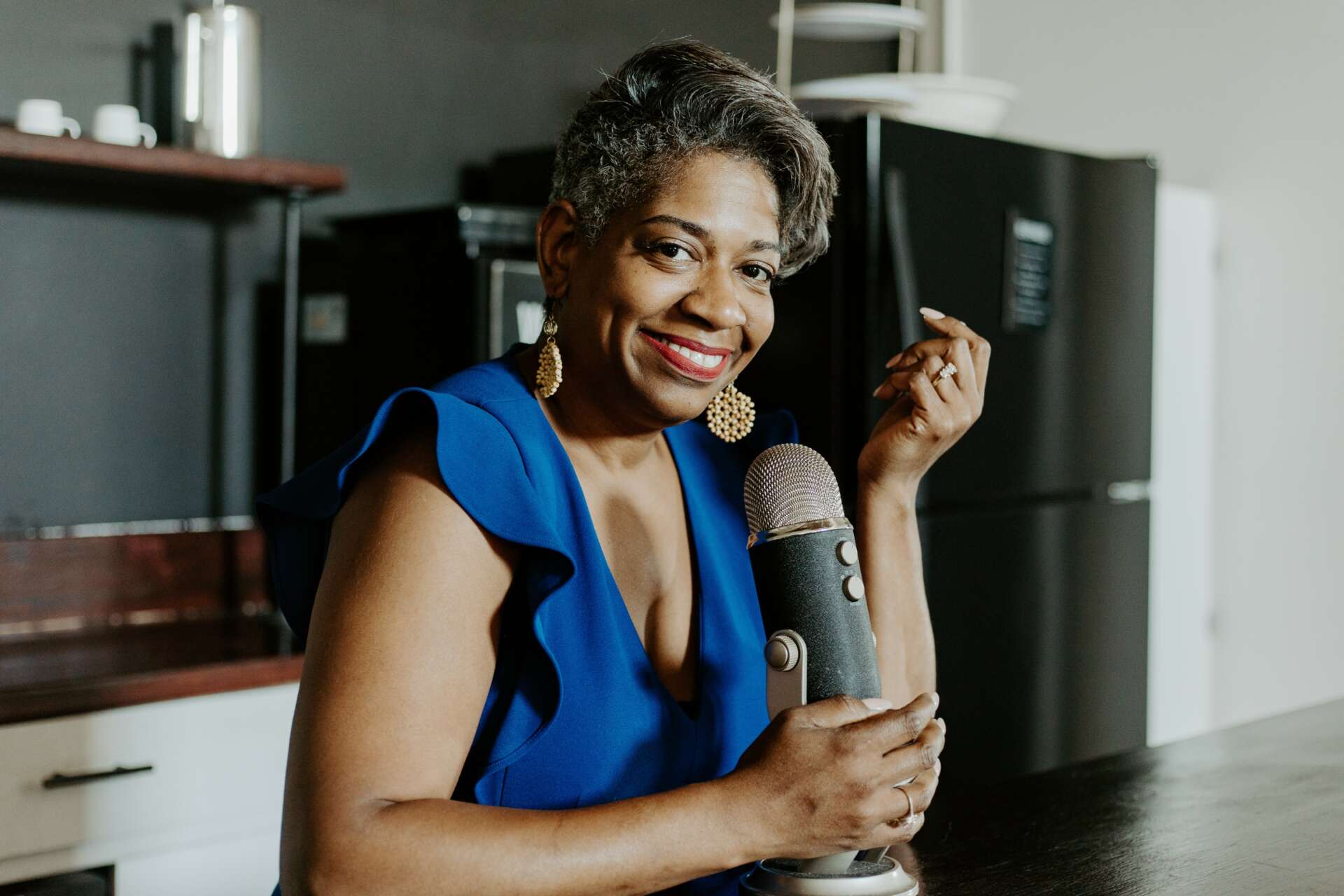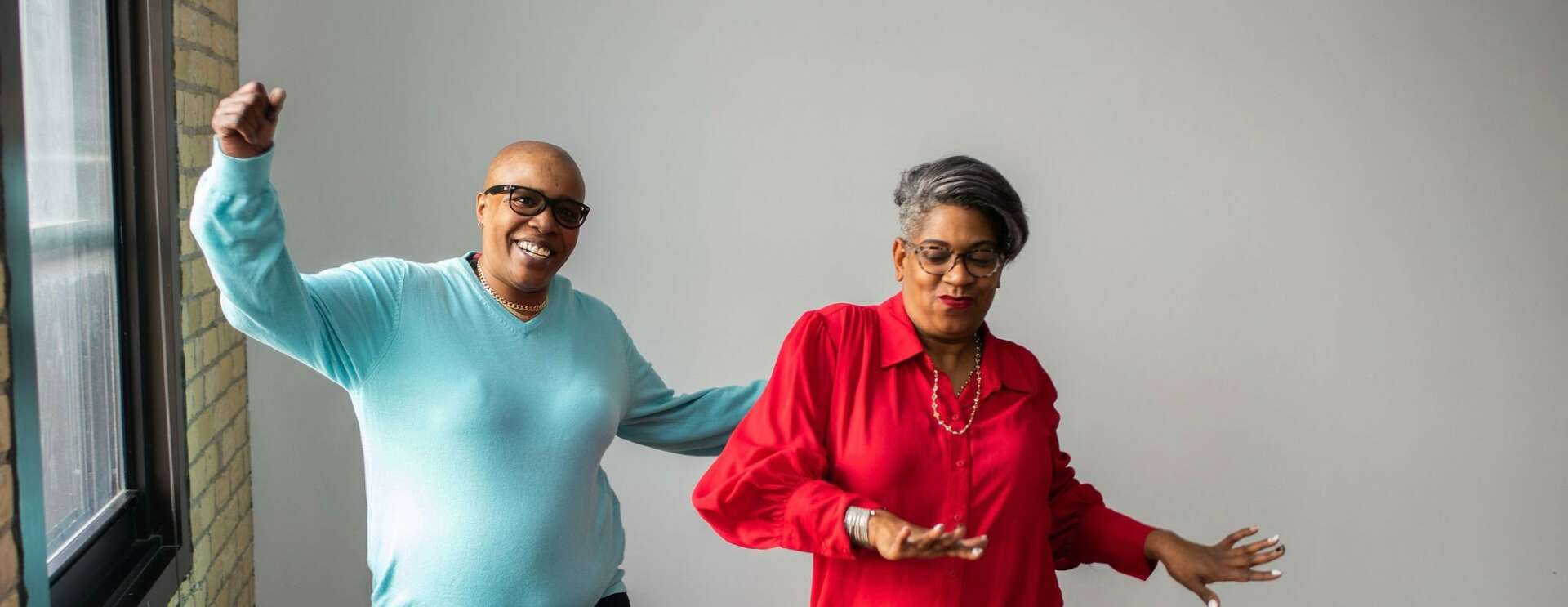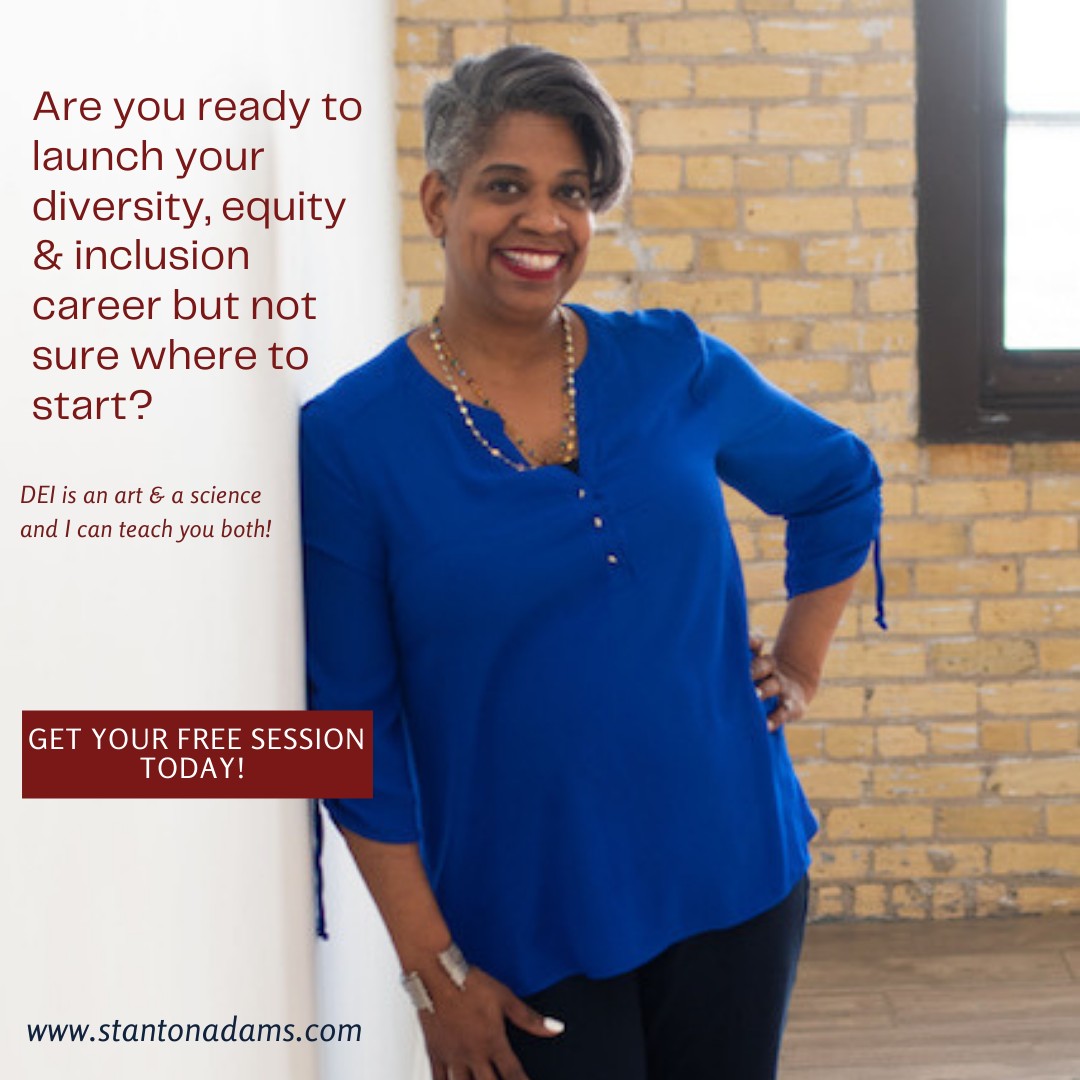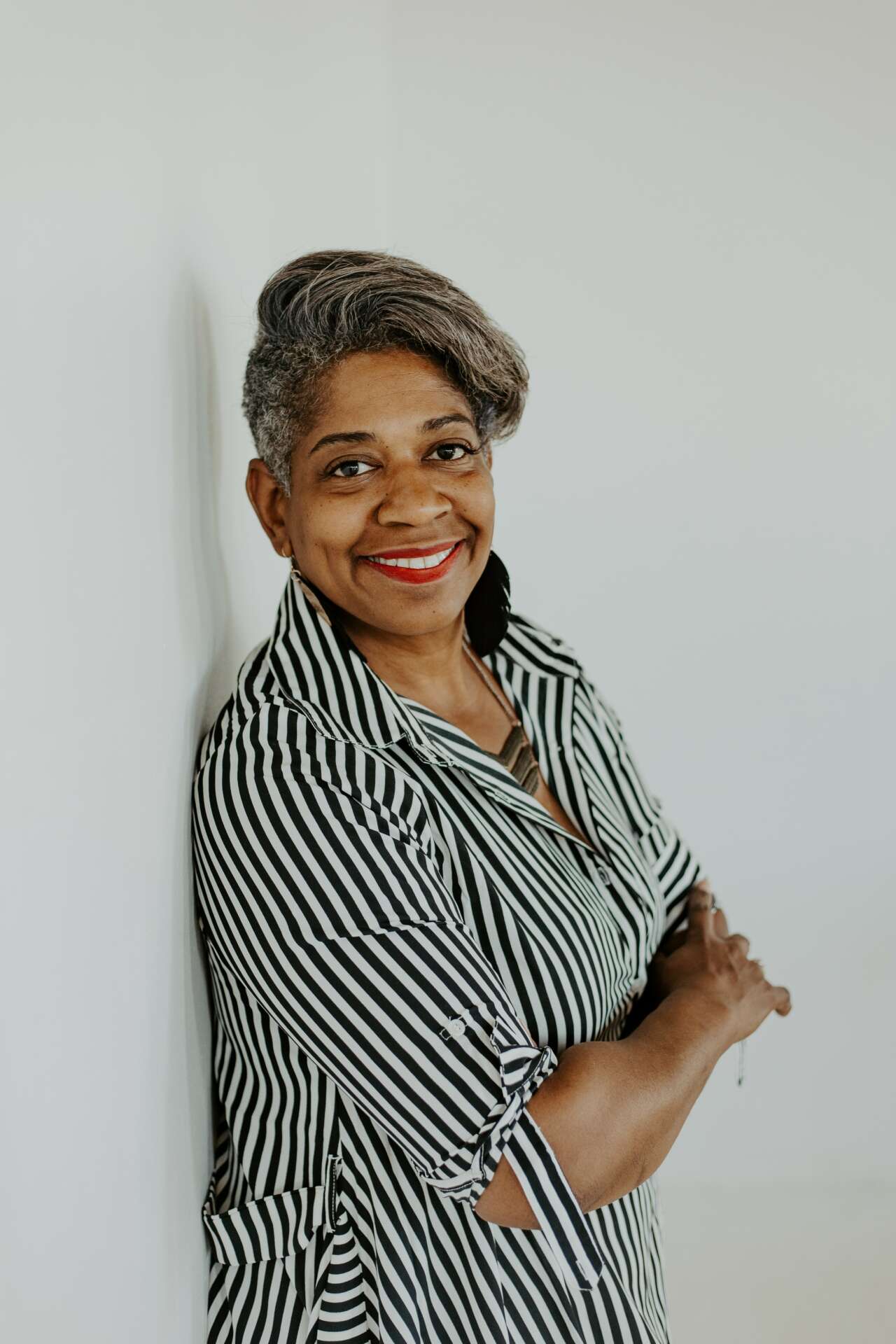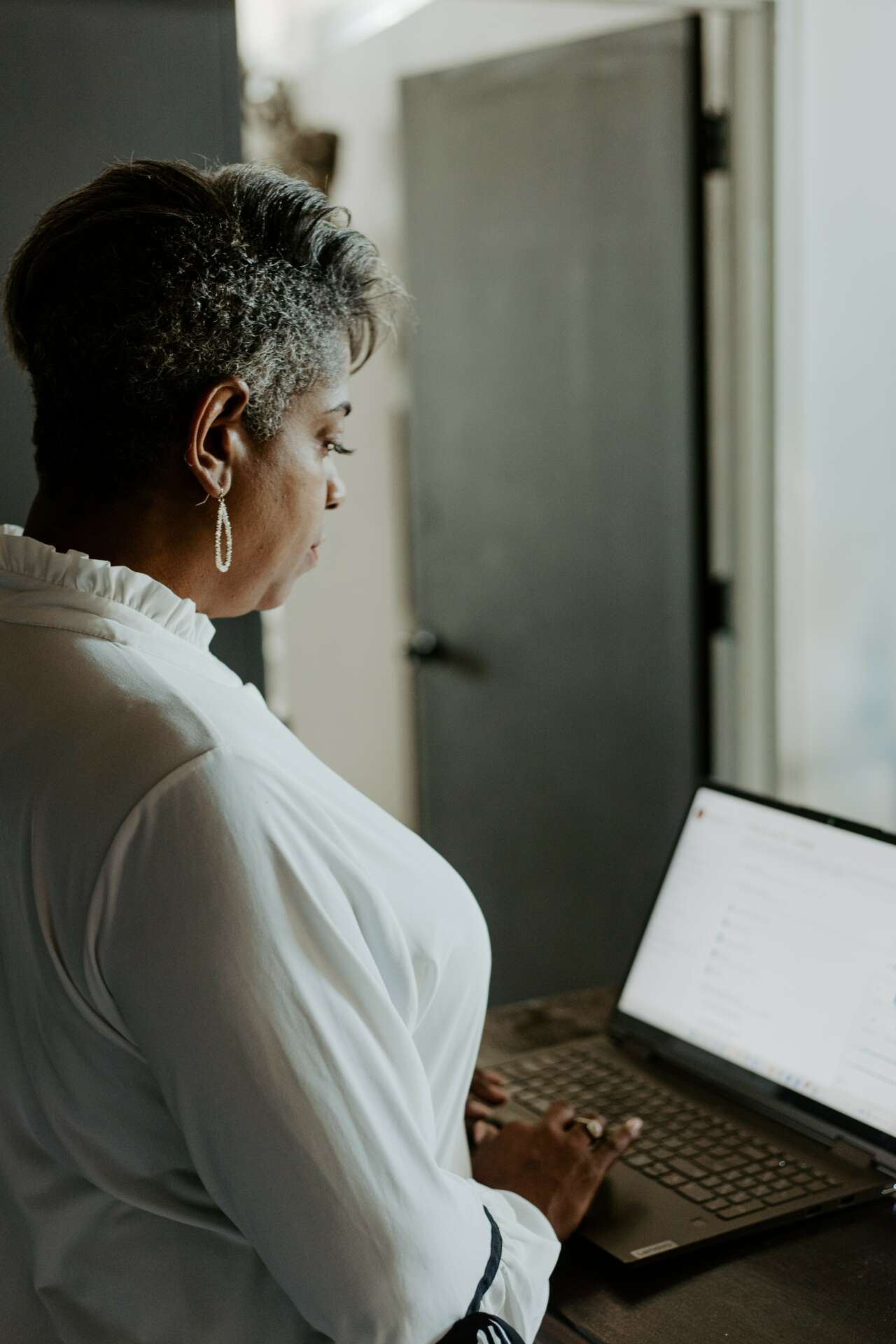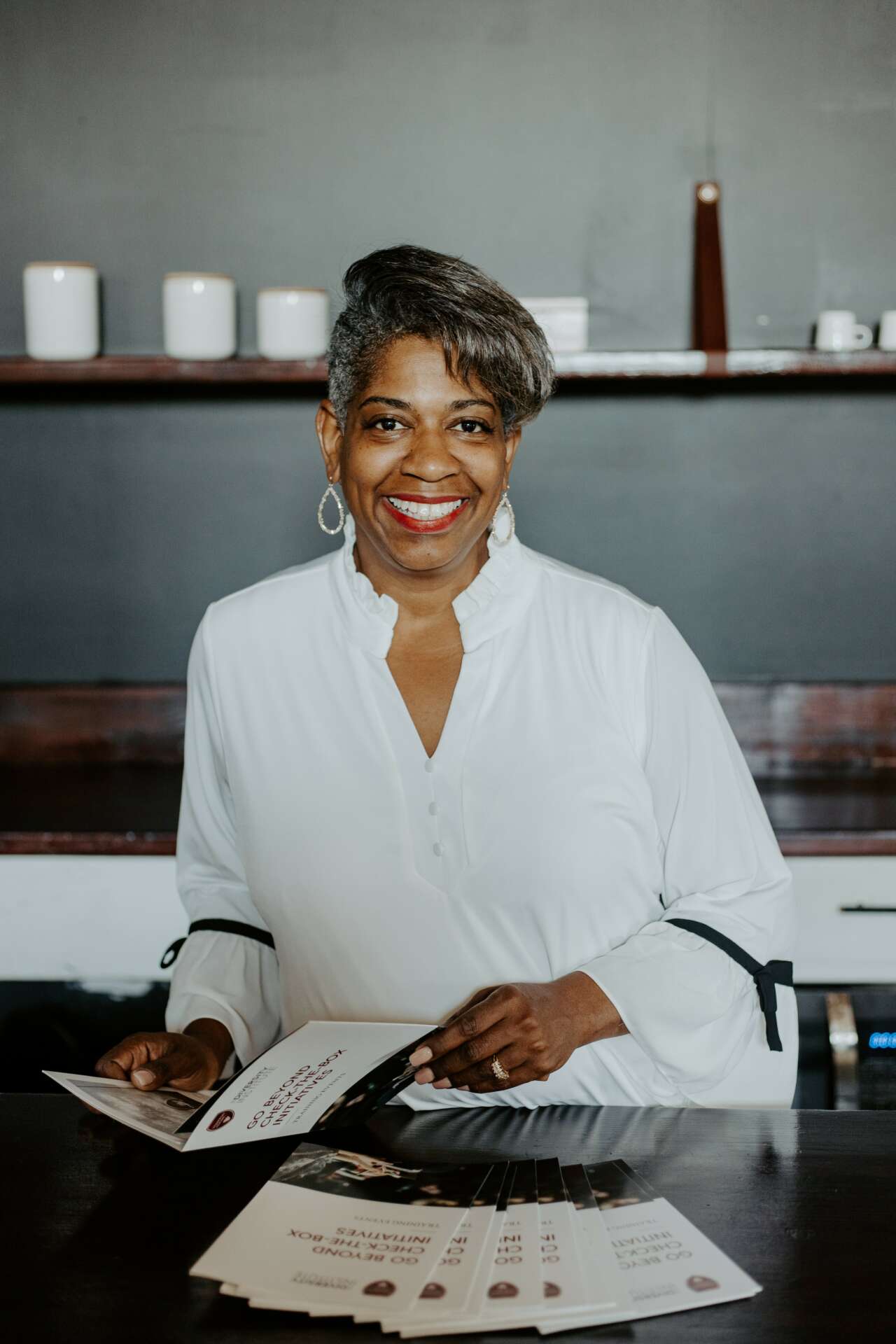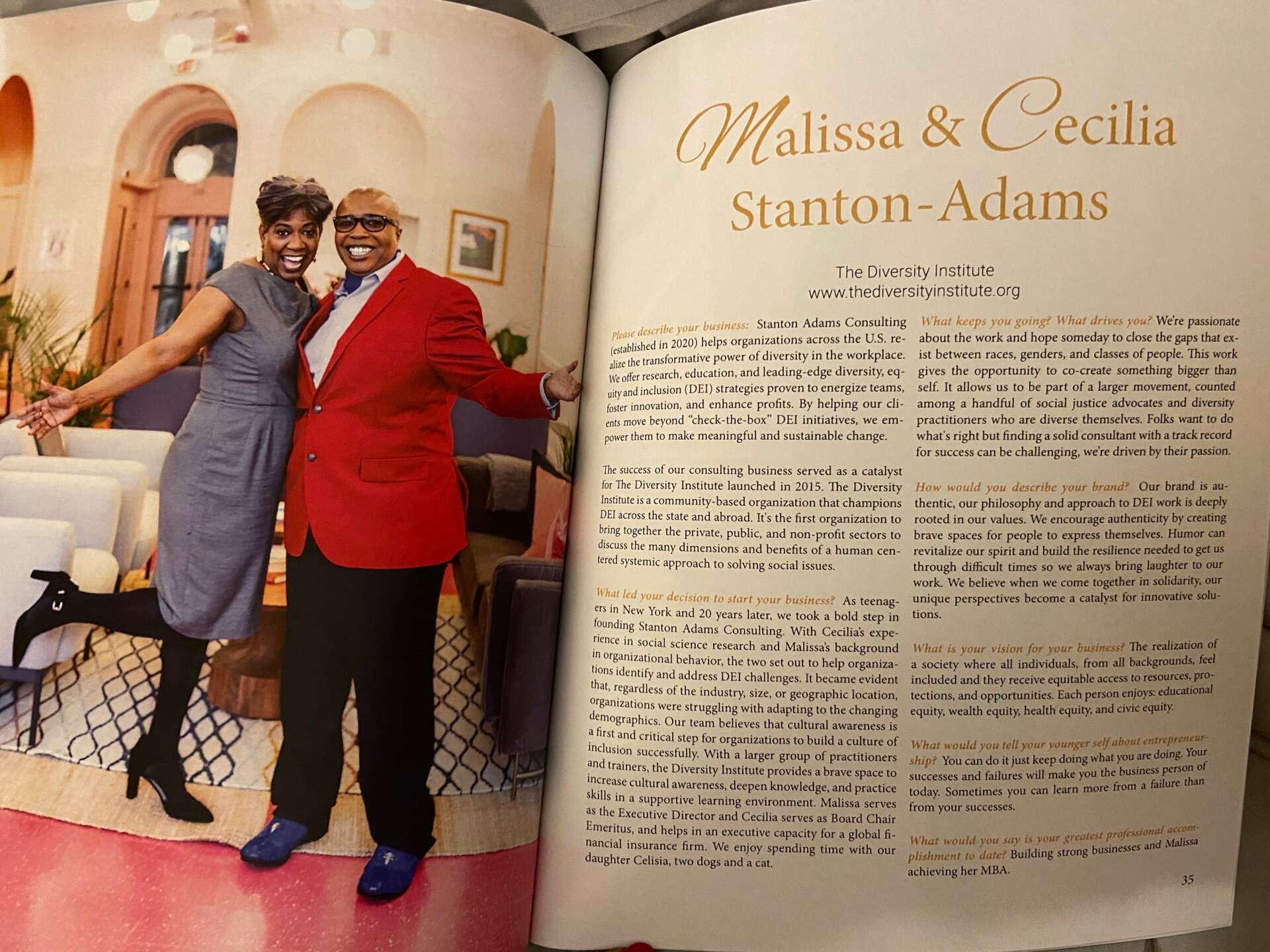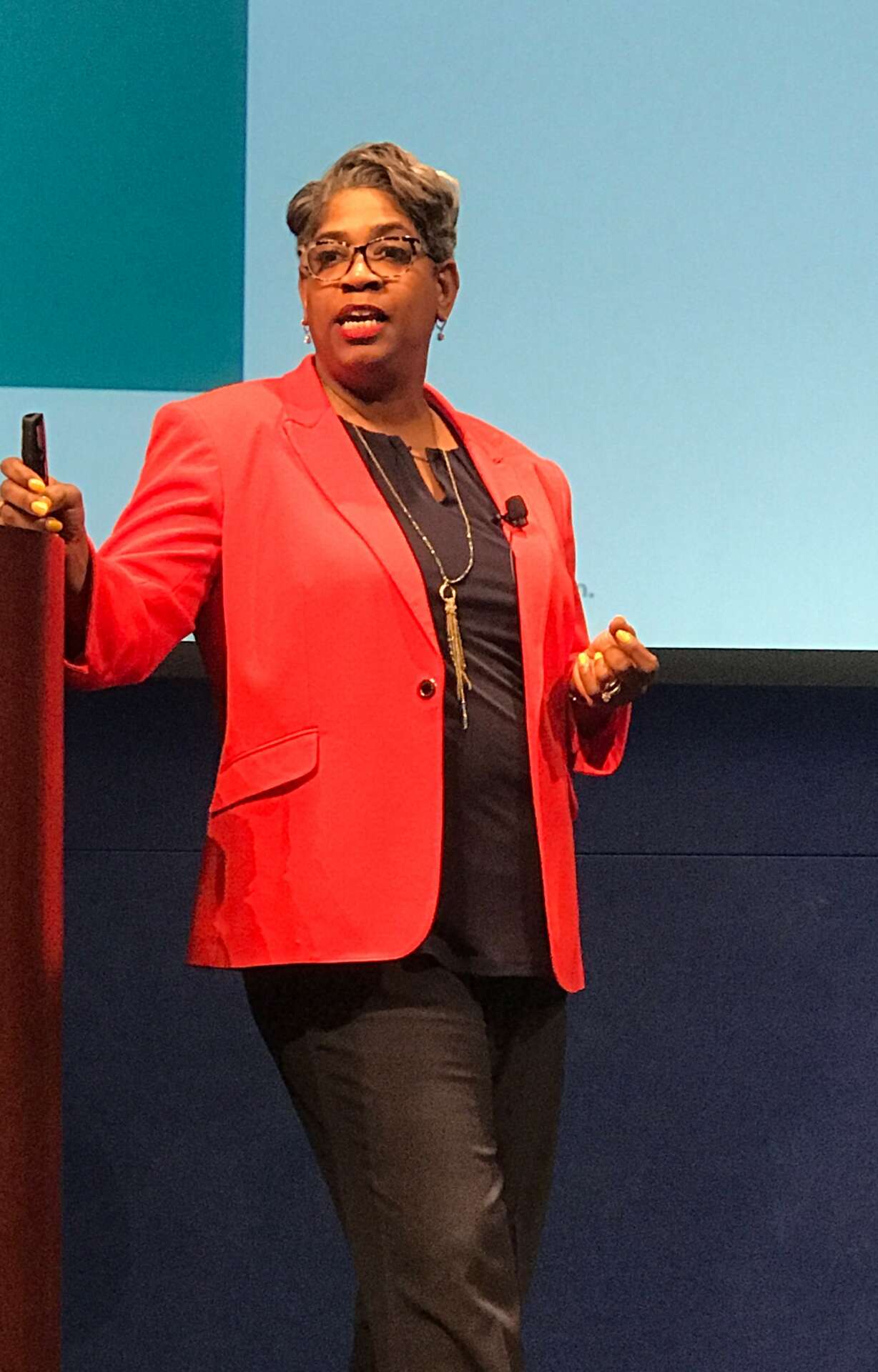We were lucky to catch up with Cecilia Stanton Adams recently and have shared our conversation below.
Cecilia, thanks for taking the time to share your stories with us today What’s the backstory behind how you came up with the idea for your business?
In January 2020, a popular headline came out, it said: “Chief Diversity Officers: The hottest & toughest job in business”
This was a clear sign that the industry of DEI was changing quickly, and DEI leaders were claiming their seats at the executive table. However, I also was very aware of how little attention is paid to the mentorship, coaching, and development of DEI practitioners. These talented leaders that are often overachievers are expected to take full accountability for creating sustainable change in organizations whose culture has been steeped in tradition for decades.
I know this experience first-hand. Almost 20 years ago, I accepted my first DEI role. While it was exciting, it was also very lonely and scary. Some of the immediate challenges you experience include gaining leadership buy-in, knowing what to measure and proving that there is value in equity and inclusion.
Since those early years of trial-and-error, I earned a lot of battle scars. In the process, I’ve gained hard-won insights, strategies and resources that that had the fortune of creating sustainable solutions to processes and minsets that transformations within educational institutions, non-profits, government agencies and corporate organizations.
Despite this success, I always yearned for a community of like-minded professionals who could be my sounding board, and where I could be challenged to learn and grow. I wanted a mentor, a strategic partner, and a coach, but did not find that. That is why I decided to design a program for individuals launching or wanting to advance in the DEI career.
After two decades in the field, there is one thing I know for sure, Diversity is an Art and a Science and I can teach both!
The Art & Science of DEDI is a 6-week cohort program. Throughout the program, students learn the strategic approaches to DEI that will really make a difference. I am on a mission to provide an anchor of healing, education, and inspiration to those dedicating their career to making systemic change.
As always, we appreciate you sharing your insights and we’ve got a few more questions for you, but before we get to all of that can you take a minute to introduce yourself and give our readers some of your back background and context?
Cecilia Stanton Adams currently serves as CEO of Stanton Adams Consulting and the Diversity Institute. She is a visionary leader with more than 20 years experience as a strategic DEI expert. As a native New Yorker with roots in Honduras, she grew up surrounded by diversity and was driven to make a career focused on bridging the gap across cultures. She pursued a bachelor’s degree in psychology focusing on the impact race had on college completion. She completed a research fellowship in Cognitive Psychology from Lehigh University where she replicated research studies on unconscious bias and received her Master’s degree in both sociology and industrial psychology.
In 2010, Cecilia partnered with her wife Malissa Adams to launch Stanton Adams Consulting, with Cecilia’s experience in social science research and Malissa’s background in racial equity, the two set out to help organizations across the country identify and address diversity, equity and inclusion challenges. Side bar: they also got married!
Over time, it became evident that, regardless of industry, size or geographic location, organizations were struggling with adapting to the changing demographics. Sometimes these challenges resulted in issues of race, gender, religion or generation but more commonly the issues surfaced as employees feeling disconnected from leadership. Conversely leaders were wanting to do what it takes to change the culture but weren’t sure of exactly how to do it. Often, what employees and leaders wanted was the same, but the perceptions on how to get there were vastly different.
Stanton Adams believed that cultural awareness was a first and critical step for these organizations to successfully build a culture of inclusion. While requests continued to pour in for strategy development and training, Stanton Adams was devising another strategy, one that could reach people where they were. That’s when she took yet another courageous step in piloting public community Diversity workshops.
The first Diversity Institute workshop was offered in 2015 with a total of 6 participants. Never one to be deterred, she continued refining offerings and identifying a broad network of diversity trainers that could provide the expertise needed for this new venture. By the next year, workshops were growing in size and offerings expanded into the East Coast. Despite Stanton Adams’ impact, it was clear that training alone wasn’t enough to solve the larger systemic issues that lay at the foundation.
Then, George Floyd was murdered. The stakes became higher than ever before –the costs of not being diverse, equitable and inclusive are real. Yet, DEI champions continued to face resistant from stakeholders unwilling to embody the principles of equity for all. With two decades of experience leading organizational transformation, Stanton Adams understood the unique challenges diversity practitioners faced, and was confident she could teach the strategies that work and warn against those that won’t. That’s when she decided to pivot. She launched the Diversity Institute- a brave space where leaders can increase their cultural awareness, deepen knowledge and practice skills in leading DEI in organizations and communities.
Can you tell us about a time you’ve had to pivot?
I started my business as a side hustle in 2012. Both my wife and I took turns working full time and securing a steady paycheck and health benefits, that was really important, especially in the early years when work wasn’t as steady. Through the years the business has steadily grown. Before Covid I had a team and was able to leave the business to pursue an exciting position that meant a lot to me. That all changed in 2020. Covid hit DEI business really hard. Clients were canceling their contracts until they could figure out how to continue operating during the epidemic. Even worse, just a few months before we signed on to a 1 year contract for office rental space. The space was only utilized for a few short months when lock-down made office space irrelevant. To make matters worse, there was no way out of the lease. It was hard to right that check every month for a space we knew we would never use.
Shortly after lock-down was the murder of George Floyd. Again, everything changed. Organizations started coming out of the woodwork and we quickly learned that many companies were simply looking for a quick fix. Meanwhile DEI positions began to increase exponentially and high performing professionals were being asked to step into DEI roles without the training, support and resources needed to be successful. I knew it would only be a matter of time before many of these overachieving leaders became frustrated, burned out or worse traumatized because of the experience, one I was all too familiar with.
That’s when I made the strategic decision to narrow my target market and only choose to work with organizations that had a track record of doing gamechanging, innovative work. It has been the biggest gamechanger in my experience as an entrepreneur. For many years I was in the stage of business where I felt like I couldn’t turn away work, even if that meant ignoring red flags. Since making that change I spend very little time having to make the business case for DEI because the clients I work with are way past that. Those are the type of clients that excite me and where I really thrive.
In addition, I expanded from being solely business-to-business to now, also including business-to-consumer with programs designed for DEI practitioners and champions. The pivot has definitely paid off by increasing revenue but more importantly, its increased the joy I have in the work I do each day.
Let’s talk about resilience next – do you have a story you can share with us?
My parents instilled a lot of pride in me when it came to my Latino heritage and yet at the same time, I longed to fit into the American culture that I was very much a part of. I struggled with whether to relate more to my Latino roots or embrace the American culture that I was being raised in. My friends would have slumber parties and go to the movies without adult chaperones but that just wasn’t the culture my parents were accustomed to. I found myself stuck between those two worlds trying to figure out who I was within those multiple identities.
Being from a multi-racial family had in some ways protected me from understanding the role that race would play in my life. My first experience with race (that I can remember) was with my sister. At the time, she was a teenager and I was 6. She was walking with me when one of my sister’s friends saw her and approached. She asked my sister who I was. My sister responded, “she’s my sister”. Her friend exclaims, “she can’t be your sister, she’s black!”. You see my sister was very fair-skinned and I was, well, Black. In that moment, I began by journey of reckoning with my own racial identity.
When I was older, my father once said to me, “we are Latino but in this country, you are Black and it’s important that you understand the history so you can know why things are the way they are today”. My father was right.
I was raised in New York City and we didn’t have a lot of money but people from all socioeconomic classes lived in close proximity. I was often surprised to see kids live with luxuries that I did not even have access to. I remember watching the kids who went to the private school up the block from where I lived. They would go in and out of school with an array of sporting equipment that I’d never seen before and I wondered, how it was possible that their world was able to exist right here within my world. I wondered if there was validity to being Black and not belonging. Perhaps I didn’t deserve it. I struggled for a long time to discover the answer but luckily, I finally learned my purpose in life. Now regardless of the challenges or setback I am driven by an unrelenting mission to foster equity and inclusion so that others don’t have to experience the same alienation that I experienced.
Contact Info:
- Website: www.stantonadams.com
- Facebook: https://www.facebook.com/TheDiversityInstitute/
- Linkedin: www.linkedin.com/in/cstanton
Image Credits
Celisia Stanton, Celisia Stanton photography Desiree Benton Wells, The Dash Collective


